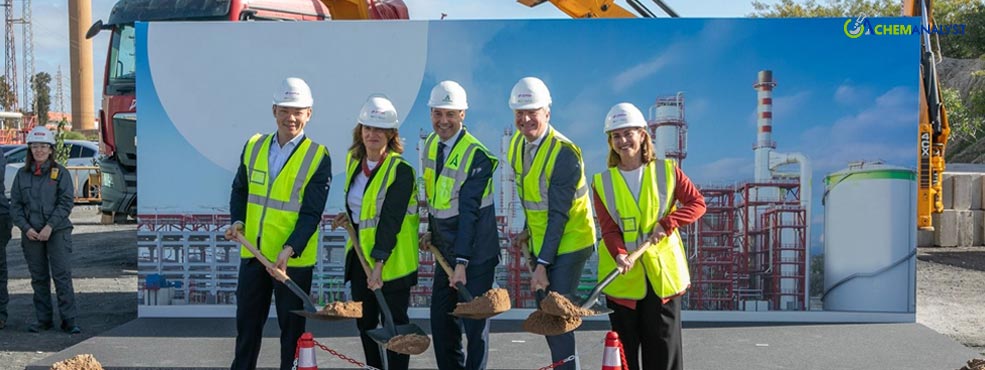Welcome To ChemAnalyst

Cepsa, headquartered in Madrid, Spain, and Bio-Oils, a subsidiary of Apical, have initiated the construction of the largest second-generation biofuels plant in southern Europe. The collaborative venture between these two entities will see the establishment of a groundbreaking facility, flexibly capable of producing 500,000 tons annually of sustainable aviation fuel (SAF) and renewable diesel (hydrogenated vegetable oil or HVO). This new biofuels plant, set to become operational in 2026, is poised to double the current production capacity of the joint venture, solidifying its position as the second-largest renewable fuel complex in Europe.
Juan Manuel Moreno Bonilla emphasized Andalusia's readiness to play a significant role in becoming Europe's major producer and distributor of clean energy. He cited the Cepsa biofuel plant as a prime example, showcasing the region's commitment to decarbonizing the planet. Teresa Ribera stressed the importance of including the industrial value chain in the transition process and allocated over 750 million euros to ensure the success of this program in producing essential goods within Spain.
Maarten Wetselaar hailed the commencement of the second-generation biofuels plant as a major milestone in Cepsa's Positive Motion strategy. This strategic project is expected to position Spain and Andalusia as European benchmarks in the production of green molecules, aiding the immediate decarbonization of sectors like aviation. The initiative represents a new chapter for Cepsa and the region, promising quality employment and a new era of industrialization.
Pratheepan Karunagaran highlighted the global projections for SAF production to triple in 2024, emphasizing the potential for value-added partnerships and waste stream utilization. The 2G biofuels plant, a collaboration between Cepsa and Apical, is envisioned as a prime example of industry players coming together to unlock the potential of SAF and promote widespread adoption.
The technologically advanced biofuels plant will have minimal environmental impact, utilizing renewable hydrogen, 100% renewable electricity, and cutting-edge heat recovery and energy efficiency systems. The facility is designed to emit 75% less CO2 compared to traditional biofuel plants and aims to achieve net-zero emissions in the medium term.
Beyond the production of SAF and renewable diesel, the plant will also yield biogas, crucial for green hydrogen production, and biogenic CO2 essential for green methanol production, contributing to the broader Andalusian Green Hydrogen Valley ecosystem led by Cepsa.
Operating at the forefront of the bioeconomy, Apical utilizes a waste-to-value approach, optimizing its supply chain to convert agricultural waste and residues into renewable fuels, such as sustainable aviation fuel. The collaboration with Cepsa represents a significant step towards accelerating the energy transition and achieving circularity in the biofuel production process.
We use cookies to deliver the best possible experience on our website. To learn more, visit our Privacy Policy. By continuing to use this site or by closing this box, you consent to our use of cookies. More info.
